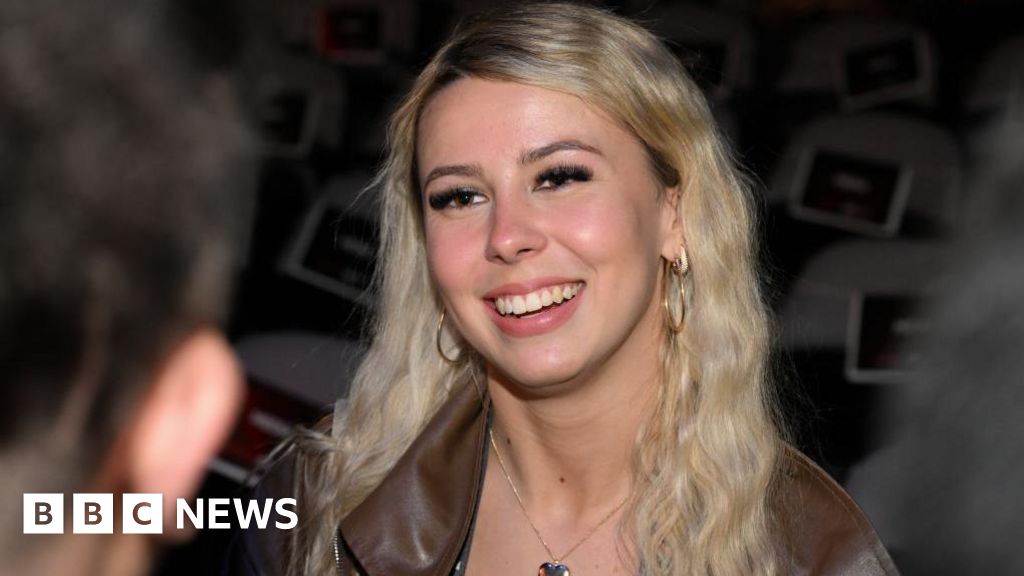Introduction
Haliey Welch, the face behind the viral “Hawk Tuah” meme, recently stepped into the cryptocurrency arena, only to find herself embroiled in a storm of criticism after her newly launched digital coin saw a catastrophic drop in value. Once heralded as a sensation with a staggering market cap of $490 million, the Hawk coin’s rapid decline has raised questions about accountability in the realm of meme-based cryptocurrencies.
The Rise of Hawk Coin
Launched on the Solana blockchain, the Hawk coin quickly captivated investors, achieving a market cap of nearly half a billion dollars just moments after its debut. However, the jubilation was short-lived. Within a mere 20 minutes, the market cap plummeted by over 95%, causing chaos among early supporters and raising suspicions of a potential scam.
Allegations of a Scam
Amid the decline, critics, including popular YouTube cryptocurrency investigator Coffeezilla, accused Welch of orchestrating a classic “pump and dump,” a scheme where promoters artificially inflate the price of an asset before selling it off for a profit. Despite vehemently denying these claims, Welch has faced backlash, with fans feeling misled and accused her team of a “rug pull”—a scenario where promoters vanish with the invested funds, leaving buyers with worthless assets.
The Defense
In response to the swirling criticisms, Welch asserted that her team had not sold any of the Hawk tokens they owned. She emphasized her commitment to her supporters and attempted to clarify the launch operations, stating that measures were in place to prevent quick-selling traders from exploiting the coin. Her team has categorically denied claims of insider trading and misconduct, aiming to restore faith among investors.
The Broader Impact on Cryptocurrency
The Hawk Tuah incident has spotlighted the risks associated with meme coins, which appeal to younger, more inexperienced investors. These assets promise high returns but often come with little protection against significant losses. Experts like Carol Alexander, a finance professor at Sussex University, warn that many young investors are entering the market without understanding its complexities, placing them at risk of substantial monetary losses.
Celebrity Involvement and Accountability
Welch’s situation mirrors those of other celebrities who have ventured into the crypto space, such as Kim Kardashian and Logan Paul, who faced criticism for their endorsements without disclosing personal financial interests. The proliferation of social media influencers in cryptocurrency raises the question of ethical responsibility and the extent to which influencers must be held accountable for the financial repercussions of their endorsements.
Key Takeaways
- The launch of Haliey Welch’s Hawk coin experienced a dramatic failure, dropping over 95% shortly after a successful debut.
- Critics accuse Welch of misleading investors, comparing her actions to a pump-and-dump scheme.
- The incident highlights the risks associated with meme coins and calls for greater accountability in celebrity endorsements within the cryptocurrency market.

